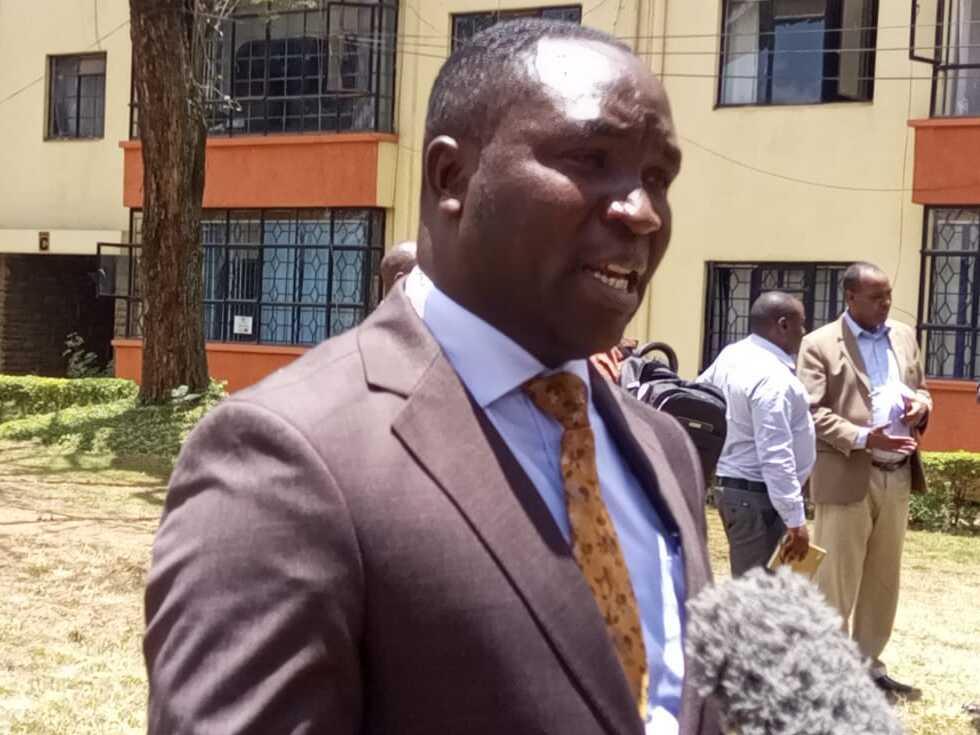Africa-Press – Kenya. Healthcare unions now want a joint taskforce formed to assess and address challenges facing the health sector across the 47 counties.
The joint taskforce they are proposing should be composed of officials from the health ministry, council of governors and representatives from the health unions.
The officials will come together and recommend policy and legal interventions to address the challenges identified.
The unions said despite the country having gone through 10 years of devolution, there remains acute shortage of healthcare workers that has been occasioned by lack of employment policy, inadequate financing and government goodwill.
This, they said has been manifested by chronic salary delays, delays in promotions and re-designation of health staff, non-remittance of statutory and third party deductions and lack of a comprehensive medical insurance cover for health workers.
They also cited illegal contractual employment of health workers and poor working environment that lacks basic equipment and essential supplies, a times posing occupational health and safety risks.
“Our procurement and supply programmes for medical products have failed to ensure equitable access, assured quality and cost effective use. It is shameful that we continue importing pharmaceutical and non-pharmaceutical medical supplies that we can locally manufacture,” Kenya Union of Clinical Officers SG George Gibore said.
The unions said since the inception of devolution, health service delivery has been greatly compromised by shortage of health workers, unavailability of essential supplies and equipment and numerous industrial actions.
They further noted that while well performing system should ensure patient data portability, data collection, analysis and timely use of reliable information to improve productivity, the HIS in the country remains largely manual making it almost impossible to utilise health data for policy development.
“It is our considered opinion that we ought to reflect back on the past decade of health devolution with the aim of converting the numerous challenges into opportunities to better our health sector and strengthen it to achieve UHC,” Gibore added.
According to Kenya Medical Practitioners, Pharmacists and Dentists’ Union secretary general Davji Atellah, Kenya’s annual budgetary allocation has remained very low as compared to the baseline of 15 per cent set by the Abuja declaration.
“A good health financing system should raise inadequate funds for health, protect Kenyans from financial catastrophe and purchases goods and services in ways that improve quality, equity and efficiency,” Atellah said.
The unions further called for the fast tracking the recruitment of an additional 20,000 health workers as promised in the Kenya Kwanza manifesto followed by annual recruitments.
They have, however, called for social dialogue to avert perennial industrial actions that for years have continued to cripple service delivery in the country.
For More News And Analysis About Kenya Follow Africa-Press






